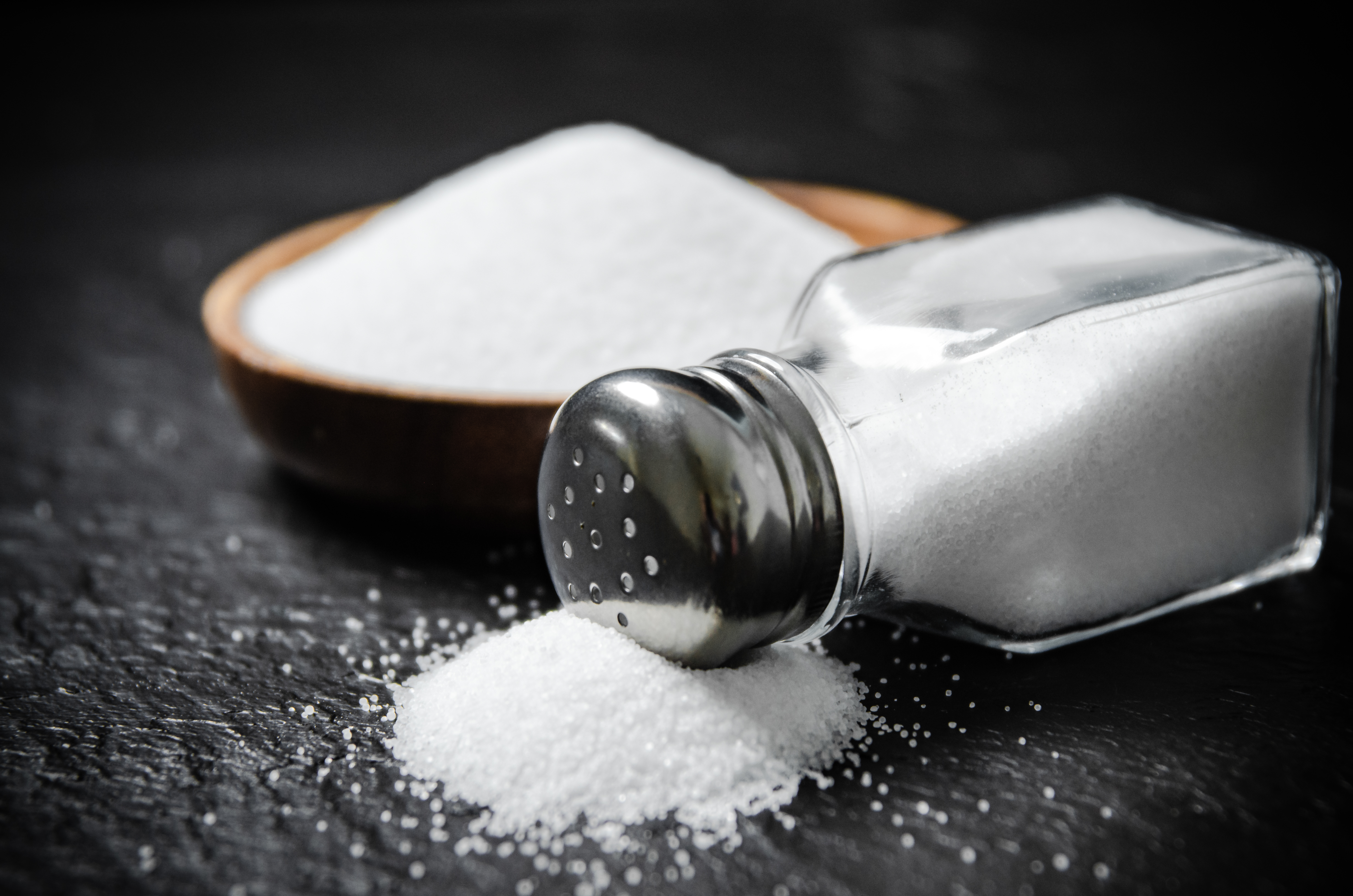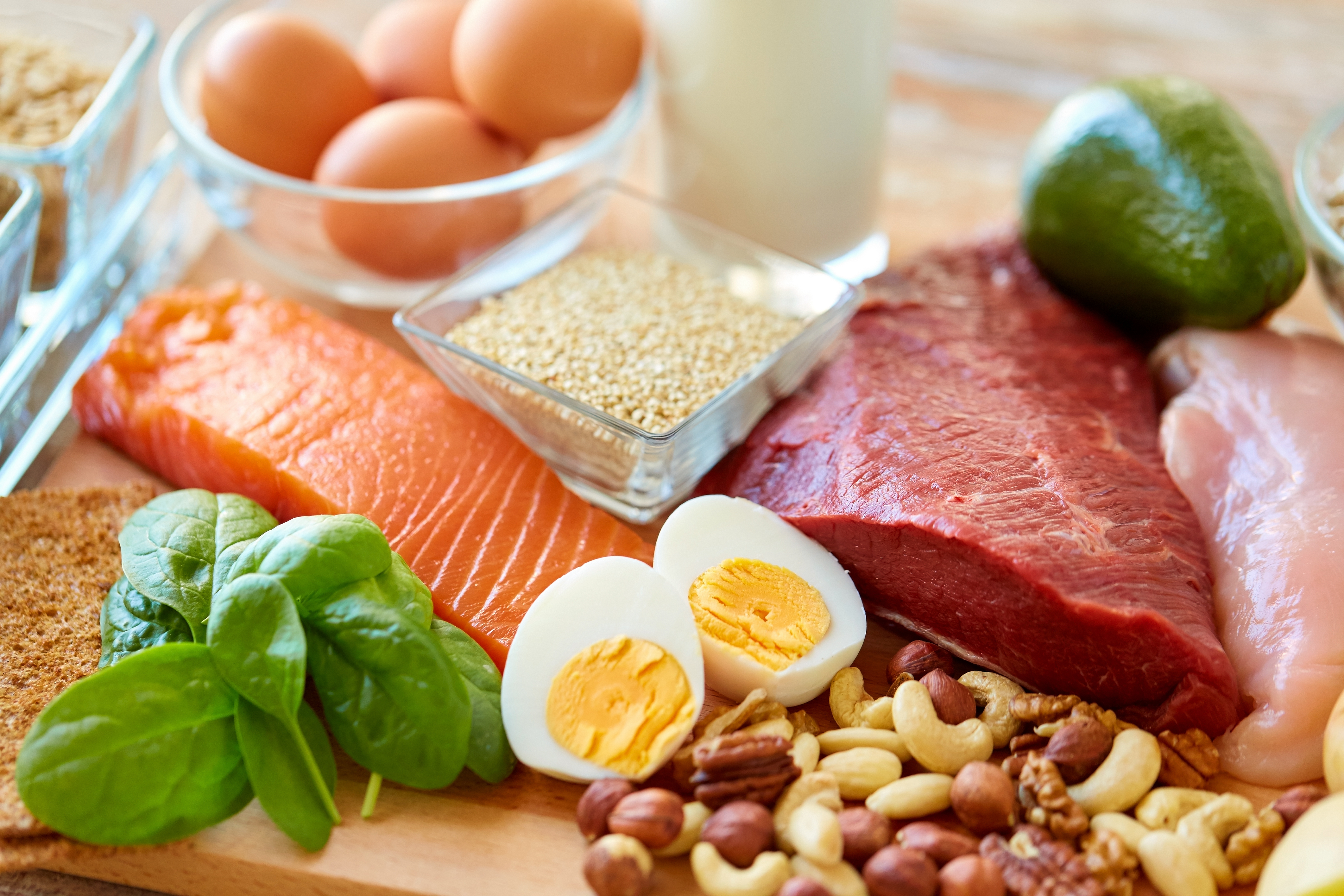12 Everyday Habits That Put Unexpected Strain on Your Kidneys
3. High-Sodium Diets: A Salty Dilemma

Sodium, a key component of table salt, is ubiquitous in modern diets, often hidden in processed foods and restaurant meals. While sodium is necessary for various bodily functions, excessive intake can pose a significant risk to kidney health. High sodium levels can lead to increased blood pressure, which in turn puts additional strain on the kidneys. Over time, this can result in kidney damage and exacerbate existing kidney conditions. Reducing sodium intake by cooking at home, reading food labels, and opting for fresh, unprocessed ingredients can significantly alleviate the burden on the kidneys. By making these dietary adjustments, individuals can take proactive steps to protect their kidney health and overall cardiovascular system.
4. Excessive Protein Consumption: A Double-Edged Sword

Protein is an essential nutrient that plays a vital role in building and repairing tissues, but consuming it in excess, particularly from animal sources, can be taxing on the kidneys. High-protein diets increase the production of waste products that the kidneys must filter out, potentially leading to an increased risk of kidney stones and other complications. While protein is crucial for health, it's important to balance intake with the body's needs and consider plant-based sources that are easier on the kidneys. By adopting a balanced diet that includes a variety of protein sources, individuals can support their kidney health while still meeting their nutritional requirements.
